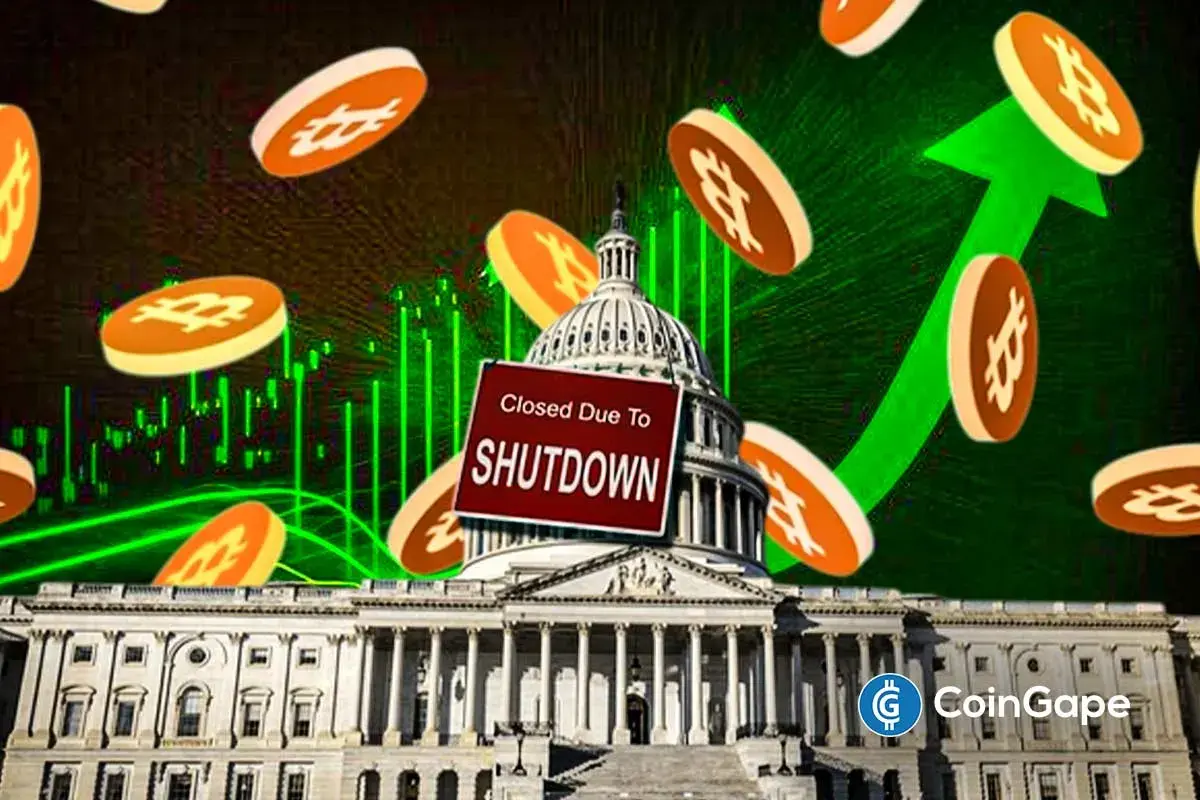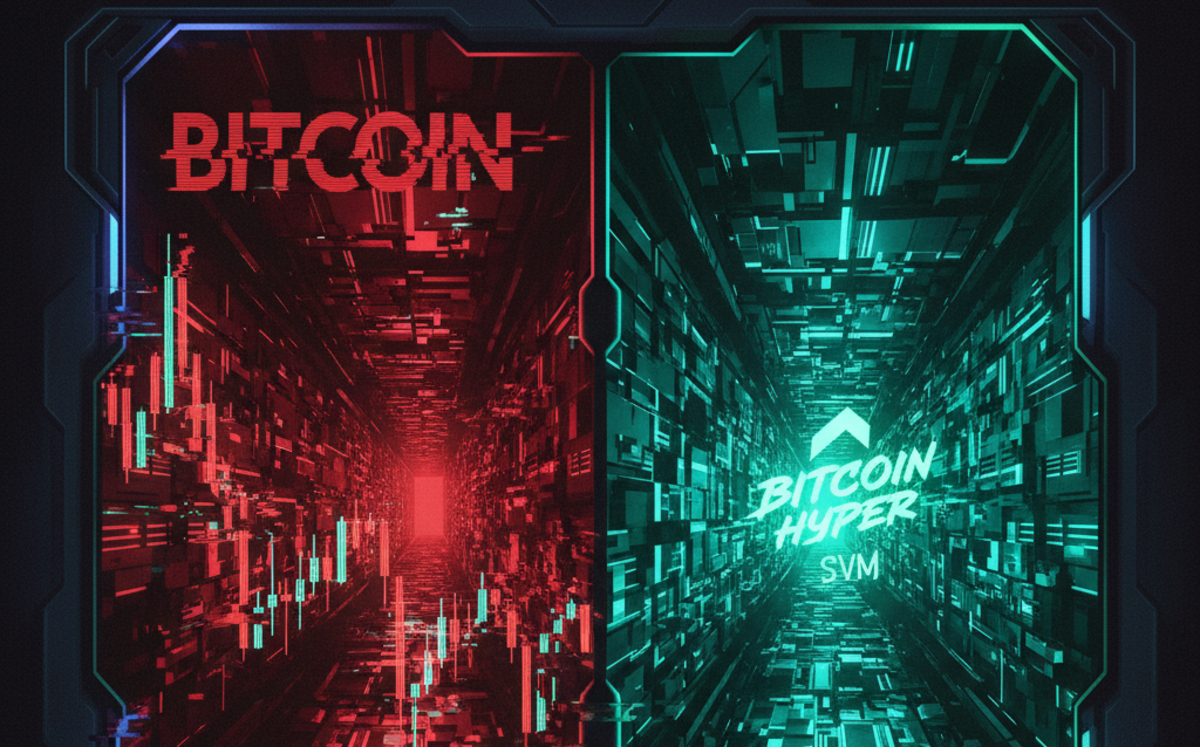Solana
co-founder Anatoly Yakovenko warned that advances in quantum computing could threaten the foundations of cryptocurrency security within five years, even as he predicted stablecoins would make the internet the single largest
holder of U.S. Treasuries.
According to
a discussion at the All-In Summit 2025 conference, which was published on YouTube on Friday, Yakovenko predicted a financial transformation in which stablecoins could propel the
internet itself into becoming the single largest holder of U.S. Treasuries.
Digital assets meet tradfi in London at the fmls25
His remarks
underscored the rapid shift in Washington’s stance on digital assets following
the Trump administration’s appointment of venture capitalist David Sacks as
“crypto czar.” Yakovenko contrasted this with the prior regime: “I don’t know
if the industry would have survived another four years of the Gensler regime.”
Solana’s Anatoly Yakovenko on Crypto’s Next Era: Quantum, AI, and the Future of Money
(0:00) Introducing Solana Co-Founder Anatoly Yakovenko
(0:55) Crypto under Trump vs Biden, stablecoin boom, what it means for US treasuries
(5:56) Traditional exchanges using blockchain vs… pic.twitter.com/C7Ux2Bkm95
— The All-In Podcast (@theallinpod) September 18, 2025
Solana’s
Execution-Layer Vision
“I feel like
50/50 within 5 years, there is a quantum breakthrough. And part of that is
because of how fast AI defines breakthroughs, like you can run a short algorithm,”
he said. “We should migrate Bitcoin to a quantum-resistant signature
scheme.”
Yakovenko
described Solana not simply as another blockchain, but as a high-speed
“execution layer” designed for global markets. Ethereum, he argued, excels at
settlement, but Solana’s role is to facilitate transactions in real time.
That
ambition contrasts with the platform’s current reality, where much of Solana’s
activity has come from memecoins and NFTs. “It’s annoying that those are the
things that come out instead of your true mission,” he admitted. The real goal,
he insisted, remains the tokenization of assets such as bonds, equities, and real estate.
Regulation,
Collaboration, and Adoption
On
regulation, Yakovenko pointed to the proposed Clarity Act as vital to lowering
the cost and uncertainty of token launches in the U.S. His own fundraising
journey cost $2 million in legal fees — “more than 10% of my runway.”
“The Clarity
Act is a whole bunch of complicated legislation to try to minimize, hopefully, that cost to make it much easier for founders to launch. It’s far too much
friction right now.
Traditional
financial incumbents are also circling blockchain . Nasdaq announced tokenized
securities plans this week, prompting questions about whether regulated
exchanges have an advantage. Yakovenko said the two sides could ultimately
converge: Yakovenko
highlighted creative industries as the next frontier, citing experiments with
NFTs tied to intellectual property.
Read more: Kraken Integrates 60 xStocks with Trust Wallet for Tokenized Equities
He even
floated the possibility of crypto-enabled social media alternatives to TikTok,
where creators are monetized directly through tokens rather than advertising.
Quantum
Risks, Bitcoin’s Resilience
Turning to
technology’s cutting edge, Yakovenko warned that quantum breakthroughs, accelerated by advances in AI, could upend cryptography within five years.
Yakovenko
also spoke warmly of Ethereum and its founder Vitalik Buterin, calling him “an
amazing engineer,” even as he positioned Solana as the faster complement. Looking
ahead, Yakovenko suggested that Visa and Mastercard may adapt more easily than
banks to a stablecoin-driven future.
Solana
co-founder Anatoly Yakovenko warned that advances in quantum computing could threaten the foundations of cryptocurrency security within five years, even as he predicted stablecoins would make the internet the single largest
holder of U.S. Treasuries.
According to
a discussion at the All-In Summit 2025 conference, which was published on YouTube on Friday, Yakovenko predicted a financial transformation in which stablecoins could propel the
internet itself into becoming the single largest holder of U.S. Treasuries.
Digital assets meet tradfi in London at the fmls25
His remarks
underscored the rapid shift in Washington’s stance on digital assets following
the Trump administration’s appointment of venture capitalist David Sacks as
“crypto czar.” Yakovenko contrasted this with the prior regime: “I don’t know
if the industry would have survived another four years of the Gensler regime.”
Solana’s Anatoly Yakovenko on Crypto’s Next Era: Quantum, AI, and the Future of Money
(0:00) Introducing Solana Co-Founder Anatoly Yakovenko
(0:55) Crypto under Trump vs Biden, stablecoin boom, what it means for US treasuries
(5:56) Traditional exchanges using blockchain vs… pic.twitter.com/C7Ux2Bkm95
— The All-In Podcast (@theallinpod) September 18, 2025
Solana’s
Execution-Layer Vision
“I feel like
50/50 within 5 years, there is a quantum breakthrough. And part of that is
because of how fast AI defines breakthroughs, like you can run a short algorithm,”
he said. “We should migrate Bitcoin to a quantum-resistant signature
scheme.”
Yakovenko
described Solana not simply as another blockchain, but as a high-speed
“execution layer” designed for global markets. Ethereum, he argued, excels at
settlement, but Solana’s role is to facilitate transactions in real time.
That
ambition contrasts with the platform’s current reality, where much of Solana’s
activity has come from memecoins and NFTs. “It’s annoying that those are the
things that come out instead of your true mission,” he admitted. The real goal,
he insisted, remains the tokenization of assets such as bonds, equities, and real estate.
Regulation,
Collaboration, and Adoption
On
regulation, Yakovenko pointed to the proposed Clarity Act as vital to lowering
the cost and uncertainty of token launches in the U.S. His own fundraising
journey cost $2 million in legal fees — “more than 10% of my runway.”
“The Clarity
Act is a whole bunch of complicated legislation to try to minimize, hopefully, that cost to make it much easier for founders to launch. It’s far too much
friction right now.
Traditional
financial incumbents are also circling blockchain . Nasdaq announced tokenized
securities plans this week, prompting questions about whether regulated
exchanges have an advantage. Yakovenko said the two sides could ultimately
converge: Yakovenko
highlighted creative industries as the next frontier, citing experiments with
NFTs tied to intellectual property.
Read more: Kraken Integrates 60 xStocks with Trust Wallet for Tokenized Equities
He even
floated the possibility of crypto-enabled social media alternatives to TikTok,
where creators are monetized directly through tokens rather than advertising.
Quantum
Risks, Bitcoin’s Resilience
Turning to
technology’s cutting edge, Yakovenko warned that quantum breakthroughs, accelerated by advances in AI, could upend cryptography within five years.
Yakovenko
also spoke warmly of Ethereum and its founder Vitalik Buterin, calling him “an
amazing engineer,” even as he positioned Solana as the faster complement. Looking
ahead, Yakovenko suggested that Visa and Mastercard may adapt more easily than
banks to a stablecoin-driven future.



























